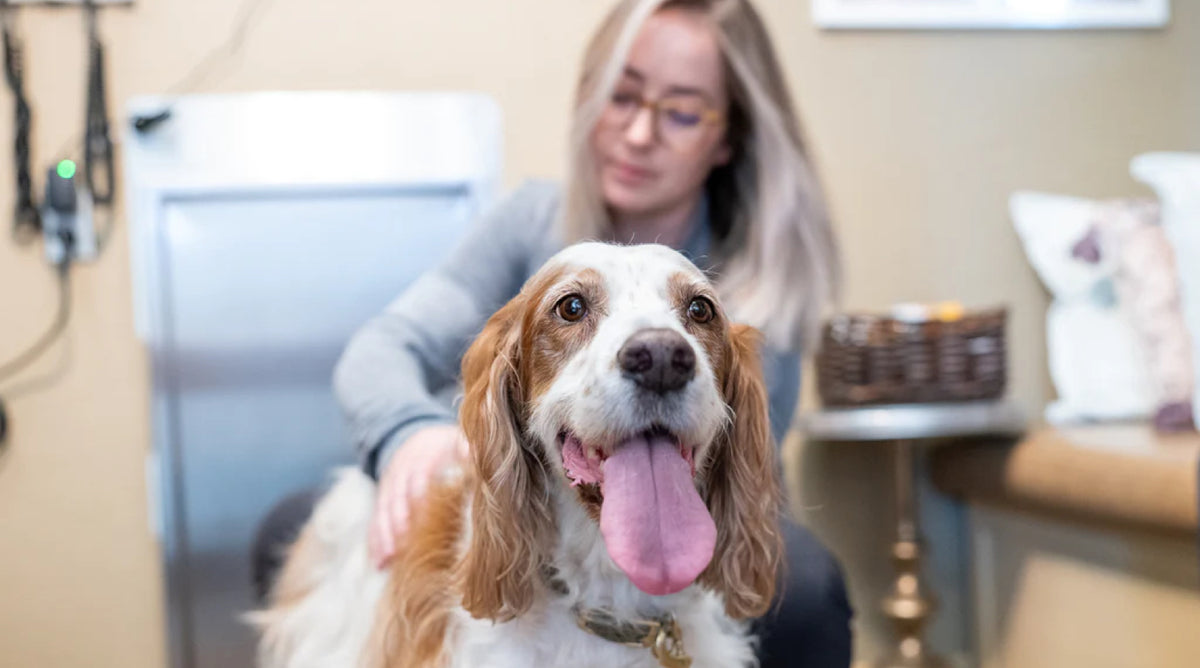PennHIP: Predicting Osteoarthritis

PennHIP (short for the University of Pennsylvania Hip Improvement Program) is a diagnostic method used to assess canine hip health, specifically focusing on hip dysplasia. Developed by Dr. Gail Smith and her colleagues at the University of Pennsylvania School of Veterinary Medicine, this technique has revolutionized the early detection and management of hip dysplasia in dogs.
Deep Dive: What is Hip Dysplasia?
Hip dysplasia is a deformity of the hip that occurs during growth. The hip joint is a ball and socket joint. During a puppy’s growth, the ball (the head of the femur or thighbone) and the socket in the pelvis (acetabulum) must grow at equal rates. In hip dysplasia, this uniform growth during puppyhood does not occur, resulting in a looseness (laxity) of the joint, followed by degenerative joint disease or osteoarthritis.
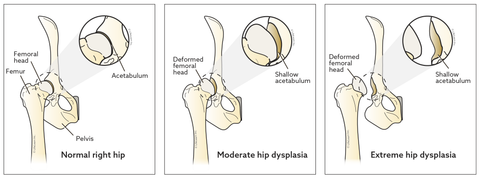
What Causes Hip Dysplasia?
Hip dysplasia is a genetic disease that is affected by factors such as diet, environment, exercise, growth rate, muscle mass, and hormones.
Dog Breeds Prone to Hip Dysplasia
Any dog can be affected by hip dysplasia, but we predominantly see it in larger dogs such as German shepherds, Saint Bernards, Labrador retrievers, golden retrievers, Old English sheepdogs, and bulldogs, as well as large mixed-breed dogs.
How Does PennHIP Work?
The traditional method of diagnosing hip dysplasia in dogs involved taking a single X-ray of the hips when the dog was at least two years old. This approach has limitations, as it only provides a static view of the hip joint and may not detect subtle changes indicative of early dysplasia.
PennHIP, on the other hand, utilizes a series of three X-rays taken under sedation, providing a comprehensive assessment of hip joint laxity and the presence of hip dysplasia. These X-rays capture the hips in different positions, allowing for a more accurate measurement of joint laxity. By measuring the distraction index (which indicates the degree of hip laxity), veterinarians can predict the likelihood of a dog developing hip dysplasia later in life.
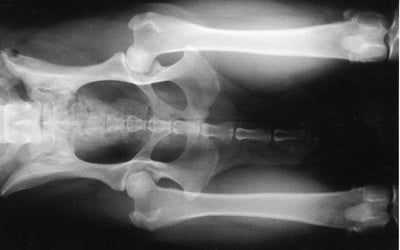
What are the Benefits of PennHIP?
One of PennHIP's key advantages is its ability to identify hip dysplasia in dogs as young as four months old, enabling early intervention and management strategies. Early detection is crucial for implementing preventive measures, such as dietary modifications, exercise routines, and, in severe cases, surgical interventions like juvenile pubic symphysiodesis (JPS) or total hip replacement (THR).
PennHIP also provides valuable information for selective breeding practices - helping breeders make informed decisions to reduce the prevalence of hip dysplasia within specific breeds. By selectively breeding dogs with healthier hips, the incidence of hip dysplasia can be decreased over time, promoting overall canine welfare.
What Dogs Should Get a PennHIP Assessment?
We would recommend a PennHIP Assessment for breeds predisposed to hip dysplasia, dogs intended for breeding, and dogs displaying signs of hip issues. If you’re curious if a PennHIP assessment would be beneficial for your pup, ask your vet!
PennHIP represents a significant advancement in veterinary medicine, offering a more accurate and proactive approach to diagnosing and managing hip dysplasia in dogs. Through early detection, informed breeding practices, and appropriate interventions, PennHIP contributes to improving the quality of life for dogs susceptible to this common orthopedic condition.

Can I have a PennHIP Assessment done at Pandosy Vet?
Absolutely - both Dr Jason and Dr Dani are certified to perform PennHIP assessments. For more info, give us a call or send us an email!
Also in Natural Pet Health Blog

Tick Season is here! 🕷🌷
While we are all super excited to get outside again and explore the beautiful Okanagan, this warmer weather means those pesky ticks are back in season! Yep, that's right, it's early March and we're already seeing ticks at Pandosy Village Vet.
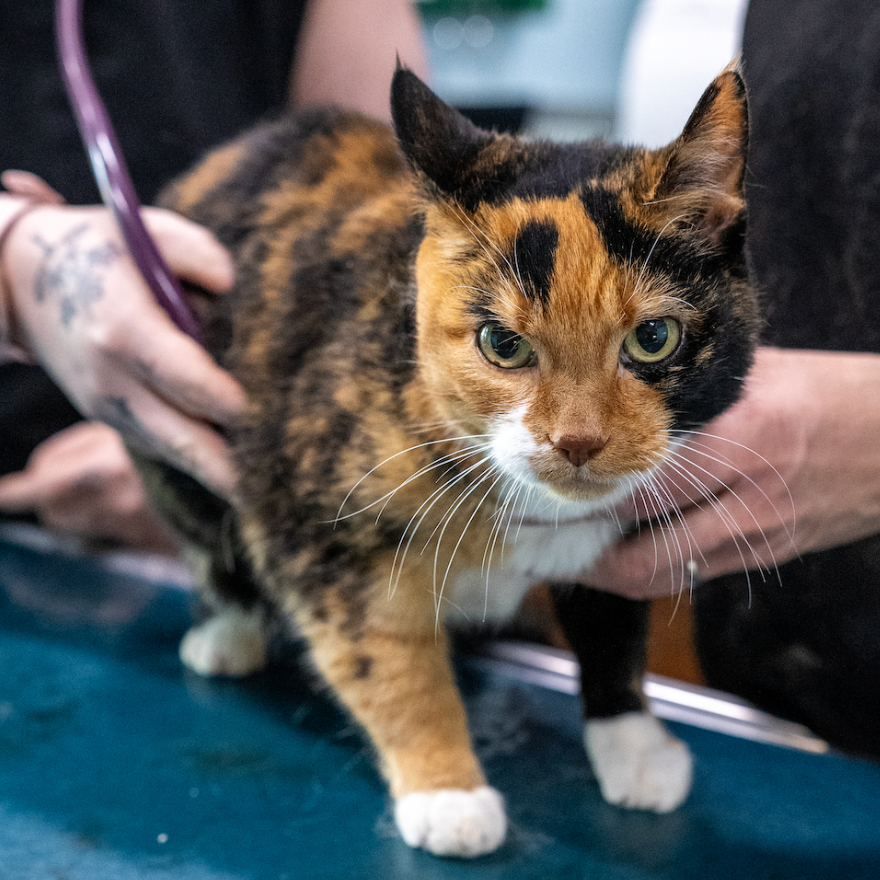
Happy Healthy Hearts - Heart Diagnostics
Heart health is an important part of keeping our furry family members happy and healthy. At Pandosy Vet, we recommend annual visits so our vets can give your furry family members a full examination, including checking their hearts! Read on to find out the different tools we can use to see how your cat or dog's heart is doing.
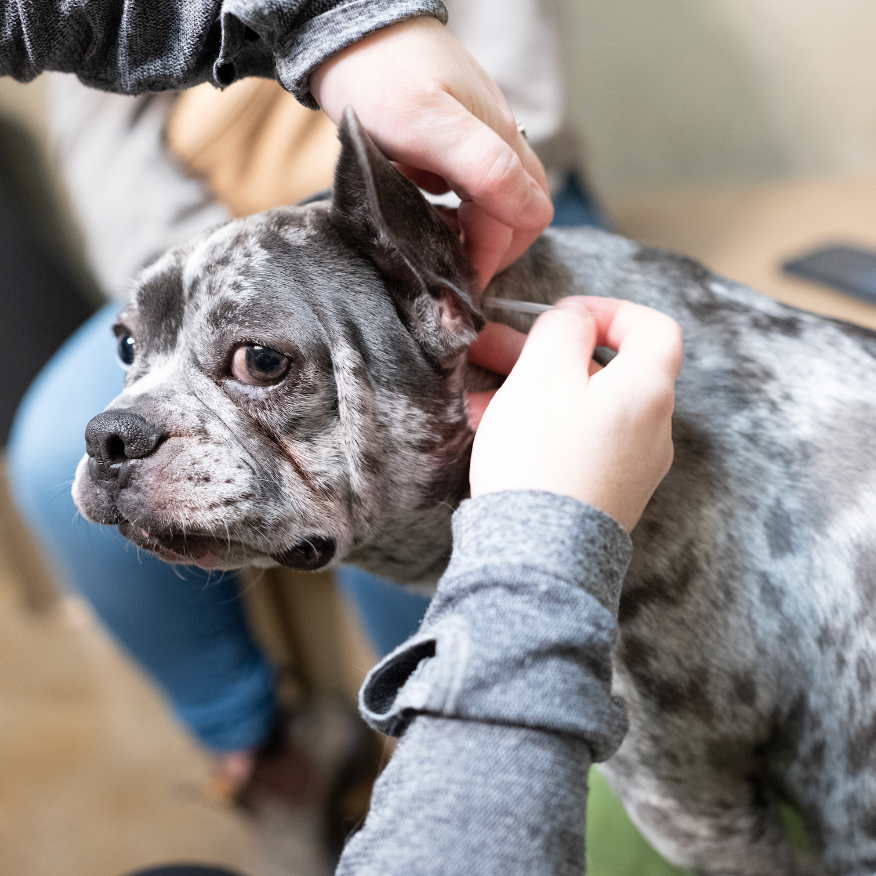
Acupuncture for Cats & Dogs
Pandosy Village Veterinary Hospital offers Traditional Chinese acupuncture, as well as Chinese herbal medicine. This ancient Eastern approach to wellness is more relevant than ever and provides many opportunities to solve issues that Western medicine can't. Traditional Chinese medicine gets to the root of the illness, providing long-term benefits without the possible side effects of pharmaceuticals or surgery.

